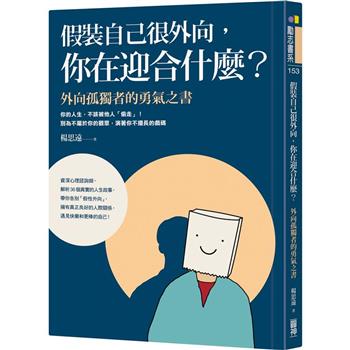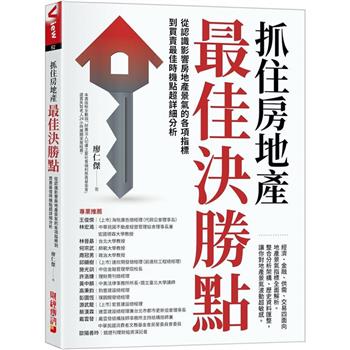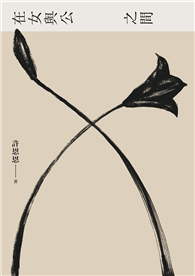PREFACE THE fifth is a melancholy century a century of ruin and of tottering to a fall. The Roman Empire collapses in the West beneath the weight of assailants more unconscious of their strength than malignant in intention, the victim of its own internal weakness rather than of the blows which it received. In the East it still holds its ground, because it has not been seriously attacked. Though not as yet hemmed in by SIavs on the one side and Arabs on the other, it struggles without against the pressure of the barbarian and the menacing proximity of Persia, and within its own borders against centrifugal elements which begin to notify to it in Coptic, in Syriac, and in Armenian their defection from a hegemony which was Greek. The Church might have lent its aid in overcoming the forces of disintegration, but the Church too is in convulsion. It wins, it is true, a decisive triumph over Paganism but this victory is itself the source of tremendous difficulties for the Church in adjustment to the position. Every one is Christian, Could every one be so in reality To this question the monks returned a deniaI often extravagant in its absence of qualification. Other people made the best they could of the situation and tolerated in the practice of the Christian life a distortion of the noble ideal of early days. In the field of doctrine rival schools dash themselves into collision, parties wax hot and engage in strife. The lesson of the century before and of its deplorable dissensions goes absolutely for nothing. Men whose opinions are at bottom the same, anathematize each other for modes of expressing them. Rather than yield on the use of words they set Alexandria in conflict with Constantinople, the East with the West. Christian unity is sacrificed to the unprofitable defence of personal feeling. Still, we must not exaggerate the details....
| FindBook |
|
有 1 項符合
Century Foundation Press的圖書 |
 |
$ 1924 | Early History Of The Christian Church, From Its Foundation To The End Of The Fifth Century - Vol III
作者:Duchesne 出版社:Brunton Press 出版日期:2008-10-27 語言:英文 規格:平裝 / 568頁 / 21.59 x 13.97 x 3.23 cm / 普通級/ 初版  看圖書介紹 看圖書介紹
|
|
|
圖書介紹 - 資料來源:博客來 評分:
圖書名稱:Early History Of The Christian Church, From Its Foundation To The End Of The Fifth Century - Vol III
|











